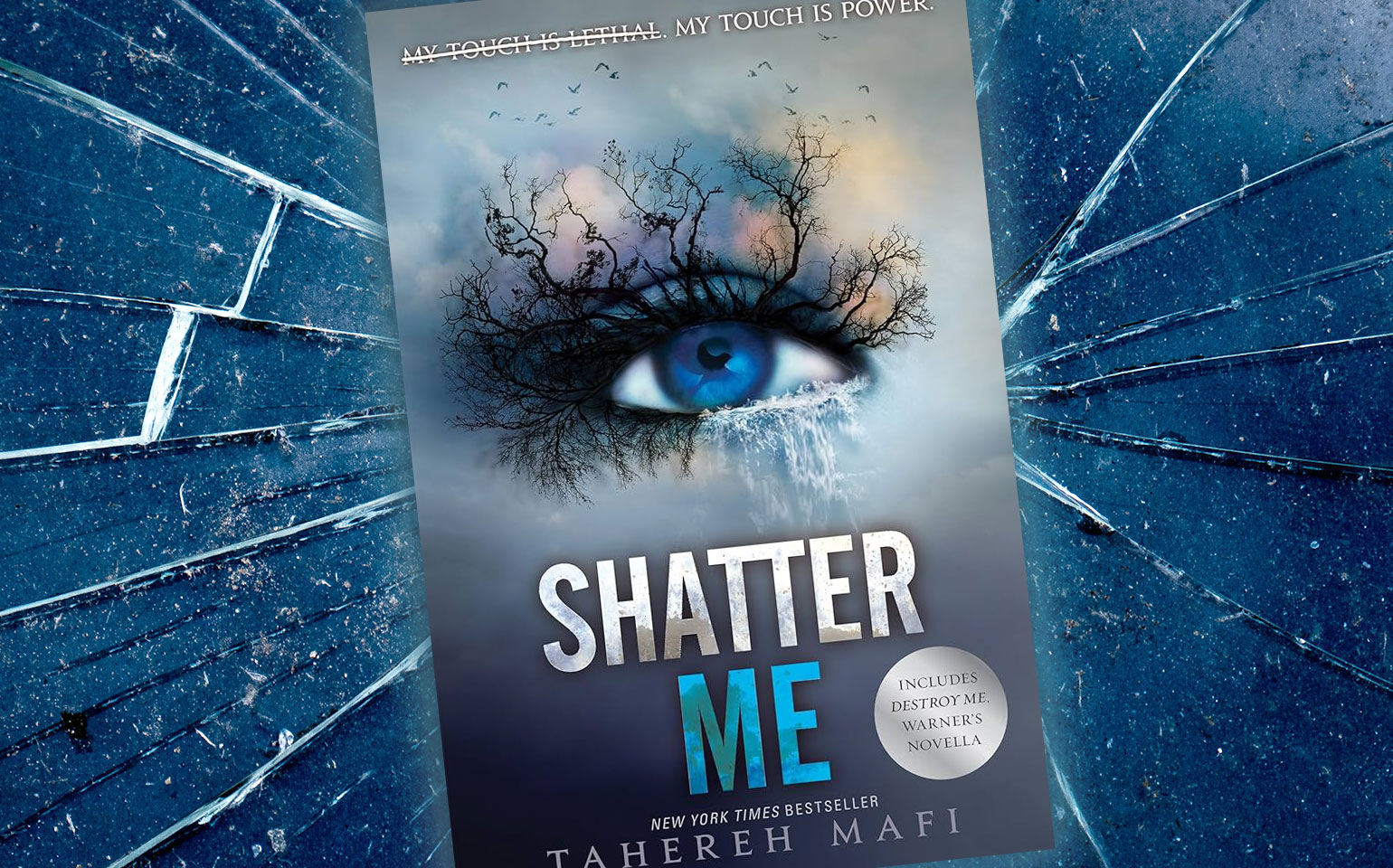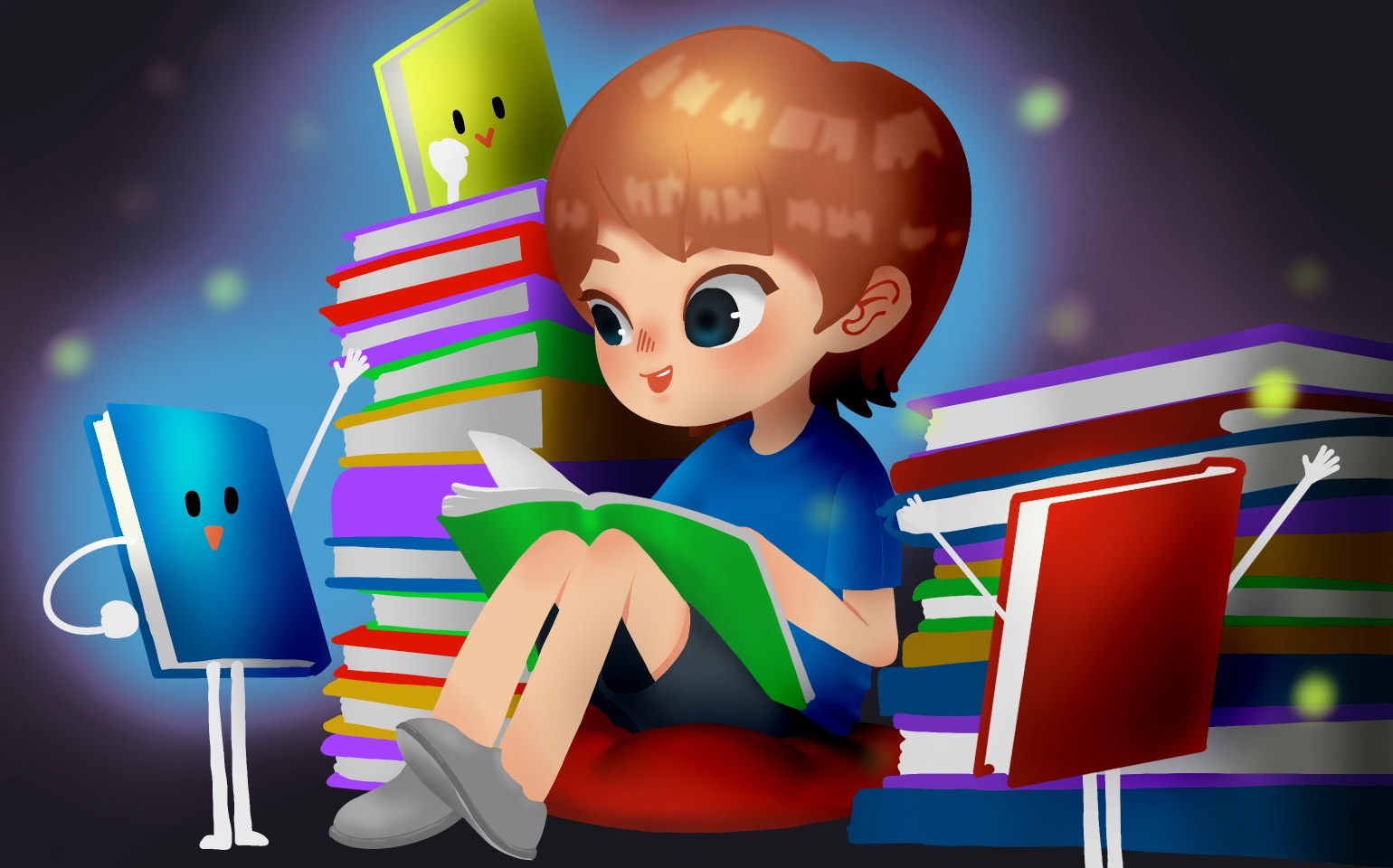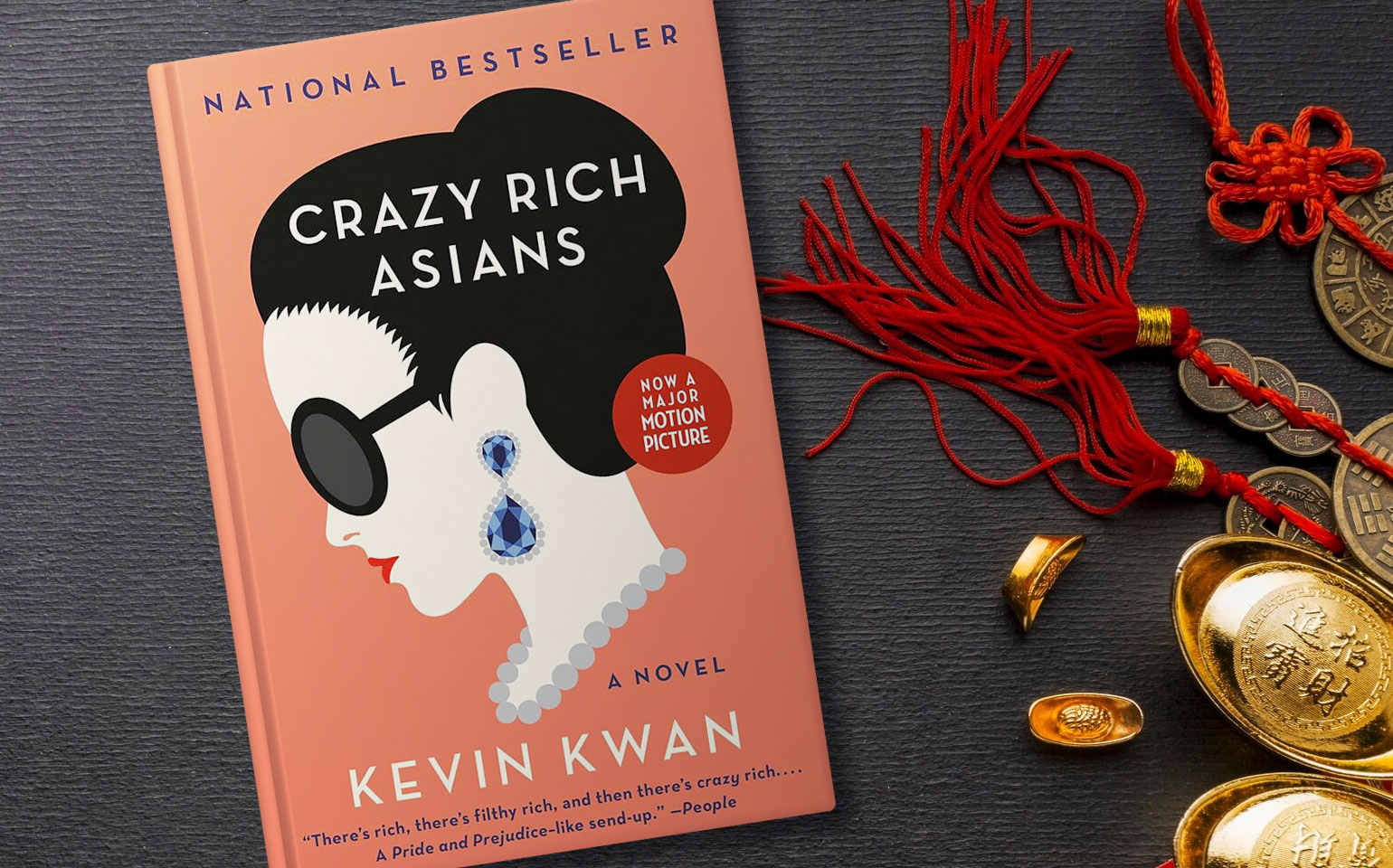
A Look into Shatter Me by Tahereh Mafi
Shatter Me is a young-adult, dystopian thriller written in 2011 by Tahereh Mafi. Arguably the most compelling and well-written among the other books in the Shatter Me series, this novel builds on themes of power, oppression, and self-empowerment. The author’s prose is strong and the perspective of the protagonist, Juliette, contributes to the captivating nature of this book.
Written in first person through Juliette’s perspective, the book manifests itself as a journal in which she recounts her experiences and the events of the book. Juliette Ferrars is a teenager who possesses a dangerous touch as anyone she makes skin contact with suffers excruciating pain, or even death. After enduring 264 days in an asylum where she was imprisoned because of her abilities and the oppressive regime, she meets Adam Kent, who she begins to trust upon discovering that he can touch her and remain unharmed. It is eventually revealed that Adam belongs to a rebel group and his mission is to rescue Juliette. He accomplishes this by escaping with Juliette to Omega Point, a facility for people with abilities. There, Juliette meets Castle, an enigmatic leader who helps to train and control her powers. Juliette and Adam grow close throughout the novel as they learn to trust and care for each other. The plot takes a drastic turn when Warner, the individual responsible for Juliette’s initial imprisonment in the asylum, captures her and Adam and reveals a shocking secret.
The book ends with this cliffhanger, which is a brilliant decision as it leaves readers eager for the next book. While it may seem unplanned at first, this narrative choice along with the slightly vague writing is actually what enables the novel to be so stimulating to its audience.
As a reader, I found myself wanting to learn more about each character and to discover more about this world that had been built between the pages.
In the beginning, the novel is slow-paced, reflecting on Juliette’s internal struggles. As Adam is introduced, he explains the state of the outside world. The progression of the plot is marked by a faster pace as the story becomes more tense and the characters face worse obstacles. Though the main plot is brisk and fraught, many reflective parts in the story add a gentle and delicate touch, specifically regarding Juliette and Adam’s relationship. These aspects of the narrative balance out the fast-paced segments of the plot and add depth to the characters. The two produce a harmony between the actual plot’s intensity and the tenderness of the relationship.
The concepts of power and oppression are highlighted in the book as many different characters possess abilities alongside a choice to use their power for iniquity or virtuousness. The Reestablishment is an oppressive authority with the intention to change how the world operates, and it does so by controlling the media, education systems, and languages of society. This authority refuses to accept diversity as it is against individuals who have powers–such as Juliette–and uses them either as weapons or executes them. The book illustrates the consequences of an oppressive authority being in control and how an imbalance of power in a given society can affect those who have little or no power. As a reader, I found that this aspect of the story reflected the reality of humanity as there always exist people who aim to alter the world by controlling those they deem different.
A strength of this book is its development of Juliette as she becomes more self-empowered and accepting of herself.
Juliette’s growth is incredible to read about as she encounters and conquers challenges throughout the book. The narrative explores her emotions, struggles, and desires which allows readers to gain a nuanced understanding of her character and the transformation she goes through. The reader’s connection to a book is often heavily dependent on how layered the main character appears. Shifting from self-doubt to a high level of clarity, Juliette’s development and emotional journey are captured sufficiently by the author.
The protagonist is someone who readers can sometimes identify with. I found myself relating to Juliette and her journey from being guarded to becoming confident. Growing up, I often kept to myself and it was not until I began to believe in myself regardless of external factors, that I became more self-assured. I believe it’s easy to feel a connection with Juliette given how she begins to accept herself despite living under an authority that refuses to accept her. Change in oneself is not something that occurs in a vacuum, rather it is the result of many experiences, struggles, and challenges.
Fictional novels are enhanced by their ability to captivate audiences and immerse readers into a world of fantasy. When readers can easily gain familiarity with characters and feel as though they are part of the events that unfold, this contributes to the narrative strength of a work of fiction. I believe that Tahereh Mafi certainly accomplishes this through vivid storytelling and narrative, alongside plot twists, which keep readers engaged and invested in the book.
Centred on the theme of rebellion in a dystopian, oppressive society, Shatter Me brings to life a story about self-discovery and human connection. Although the writing style of the author may appear as a weakness of the novel, it is apparent that it is a strength as Tahereh Mafi engages readers by not overly describing events or character actions. Instead, there is room for readers to breathe and wonder what certain aspects mean, how they are significant, and what will happen next. Overall, as the first of the Shatter Me series, this book certainly leaves a strong impression.



